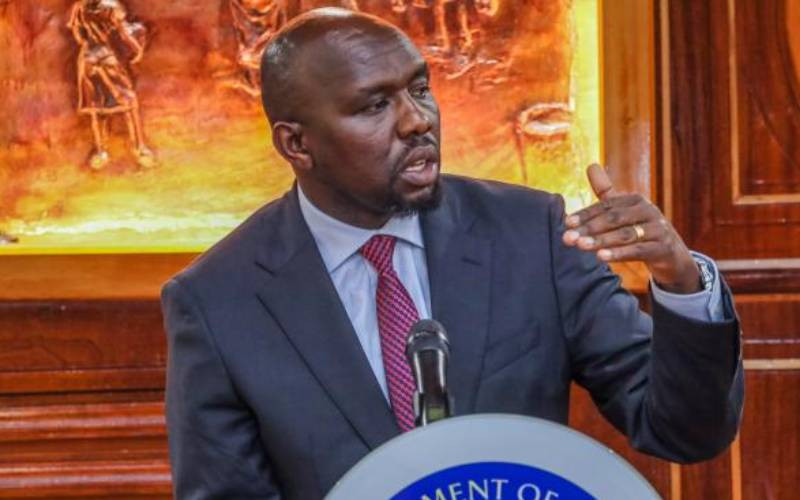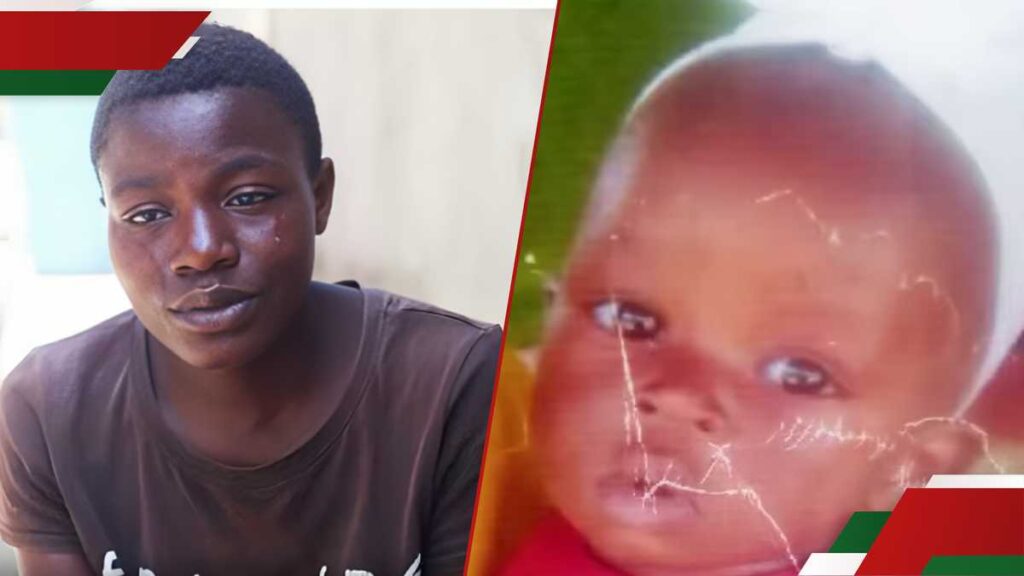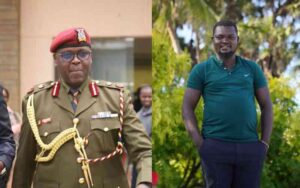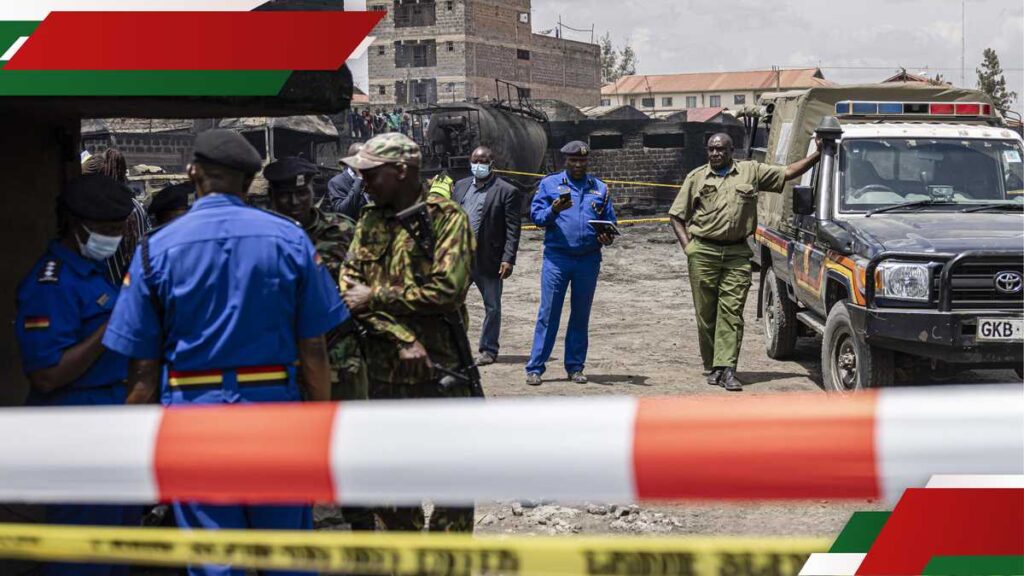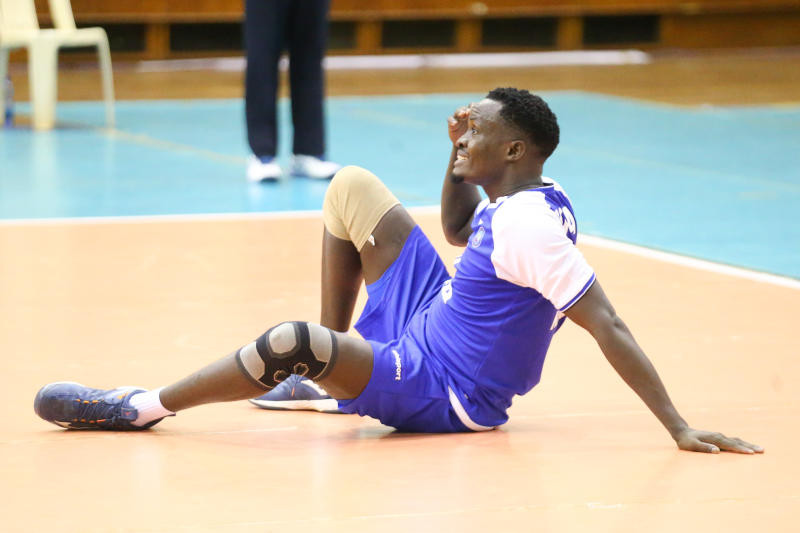Interior Cabinet Secretary (CS) Kipchumba Murkomen has dismissed claims that legal or policy gaps led to the killing of Albert Ojwang, instead accusing police of ignoring clear constitutional safeguards.
Speaking before the Senate on Tuesday, June 11, Murkomen said Ojwang’s death was not caused by the absence of guidelines but by “blatant disregard of the law.”
“It is not the absence of the legal framework or policy direction that led to the killing of Albert Ojwang,” said Murkomen, adding, “It is blatant disregard of the law and the constitution.”
Murkomen criticised attempts to shift blame to structural problems within the police service, saying the law clearly outlines how suspects should be handled.
“Excuses that it is the absence of policy direction to police officers—no. If you see how that gentleman was beaten, the person who did it is an animal,” said the CS.
He called for swift justice and accountability.
“It calls all of us to condemn and say that we should face justice and in the shortest time possible,” he said.
Ojwang, who had travelled to Migori County to visit family, was arrested by officers reportedly linked to the Directorate of Criminal Investigations over a social media post authorities described as “derogatory.”
He was taken to Nairobi and detained at the Nairobi Central Police Station.
Police claimed he died by suicide after injuring himself while alone in a cell.
“He was rushed to the hospital after what we think was an attempted suicide. He had injured himself in the head and was rushed to the hospital, where he died. He did not die here in custody,” said Nairobi Central Police boss Stephen Okal.
However, a postmortem conducted on Tuesday, June 10, at City Mortuary by five pathologists contradicted that account, ruling out suicide and confirming that the injuries were not self-inflicted.
“There were serious injuries to the head. There were also features of neck compression and multiple soft tissue injuries that were spread all over the body. These are injuries that are externally inflicted and are consistent with assault,” said Dr Benard Midiai, the lead pathologist.
Pathologists said Ojwang died from head trauma, neck compression and widespread soft tissue injuries. Samples were collected for further forensic testing.
Murkomen acknowledged that the lack of training remains a concern within the police service, noting that many officers have not undergone further instruction since recruitment.
Stay informed. Subscribe to our newsletter
“The last time our police undertook training was the day they were recruited—due to lack of resources,” said Murkomen.
“Only those in the higher cadre and those who get promotions benefit from further training. A large number of our police do not go through this,” he added.
Still, the CS said training gaps could not justify breaking the law.
“When we punish the police, we think it is a lesson to others, but like any other society, when we have a group of people, you will find a small number violating the law,” he noted.
He reminded the nation that police standing orders spell out procedures for handling suspects—from arrest to detention—including medical screenings, bond and bail terms, and maintaining orderly cell conditions.
“The booking officer must inform the suspects of their basic rights. All movements of the suspects in and out of the cell must be recorded in the OB,” he said.








